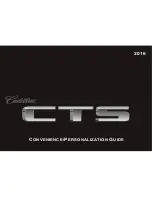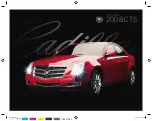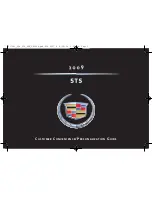
Seating Larger Children
If a child is too large to fit into a child restraint system, but too small to be safely secured using the vehicle's seat
belts, use a booster seat appropriate for the child’s age and size. For children needing a booster seat, Tesla
recommends using the base of the Peg Perego Viaggio 2-3 Shuttle. When using and installing a booster seat,
carefully follow the instructions provided by the manufacturer.
Two Installation Methods
NOTE:
Always install child restraint systems by following the instructions provided by the manufacturer of the child
restraint system.
Among many other variants, there are two general types of child restraint systems based on how they are secured in
the seat:
• Belt-based - secured using the vehicle’s seat belts (see
Installing Belt-based Child Restraint Systems on page
).
• ISOFIX/i-Size - secured to anchor bars built into the vehicle's seats (see
Installing ISOFIX/i-Size Child Restraint
).
Some child restraint systems can be installed using either method. Refer to the instructions provided by the
manufacturer of the child restraint system to determine which installation method to use and for detailed installation
instructions.
In Model Y, belt-based child restraints can be installed in any passenger seat and ISOFIX/i-Size systems can be
installed in either of the second row outboard seats. Specific details about the type of child restraint system that can
be used in each seat is provided next.
NOTE:
ISOFIX and i-Size are international standards for integrated anchors used in passenger vehicles to attach child
safety seats.
WARNING:
Do not use ISOFIX/i-Size anchors with child restraint system or booster seats that have an integral
safety belt where the combined weight of the child plus the child restraint system exceeds 33 kg.
Child Safety Seats
32
MODEL Y Owner's Manual
















































